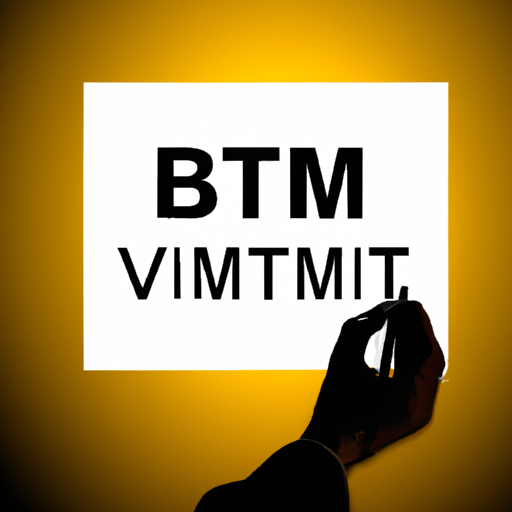
BitVM Proposal Unveils Ethereum-Inspired Contracts for Bitcoin
By: Isha Das
Bitcoin developer Robin Linus recently put forth the BitVM proposal, an innovative approach bringing Ethereum-style smart contracts to the Bitcoin network without any requirement for a soft fork. BitVM leverages the challenge-response model and fraud proofs typical of Ethereum’s Optimistic Rollups, deploying a verifier and prover system. This system enables the verifier to inspect and penalize any false claims offered by the prover.
BitVM provides a broader foundation to facilitate Bitcoin contracts that were previously regarded to need a soft fork for execution. It can also verify any computable feature on Bitcoin, pushing the boundary beyond Bitcoin’s traditional functions such as hashlocks, signatures, and timelocks. New applications, such as Go, Chess, or Poker, and verifying validity proofs within Bitcoin contracts are among BitVM's potential offerings.
BitVM's proposal has received mixed reactions from the cryptocurrency community. While some stakeholders, including Tether's CTO Paolo Ardoino, are optimistic about the development, others have raised concerns about it. One limitation pointed out is that BitVM can only work for two parties, a prover and a verifier, making it unfeasible for rollups or multiparty applications.
The BitVM proposal follows the footsteps of Ethereum's optimism network and Merkle trees, therefore garnering a significant push forward in Bitcoin's expansion in the smart contract arena.



